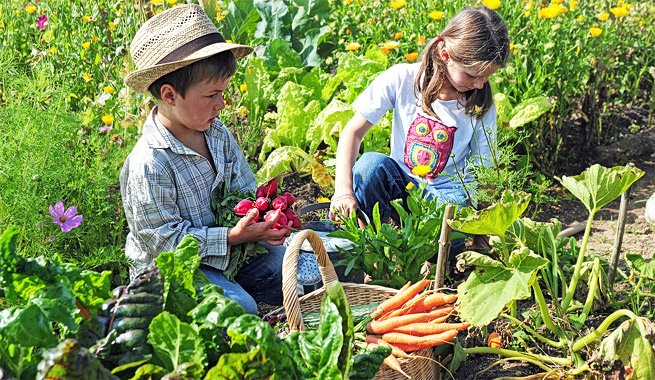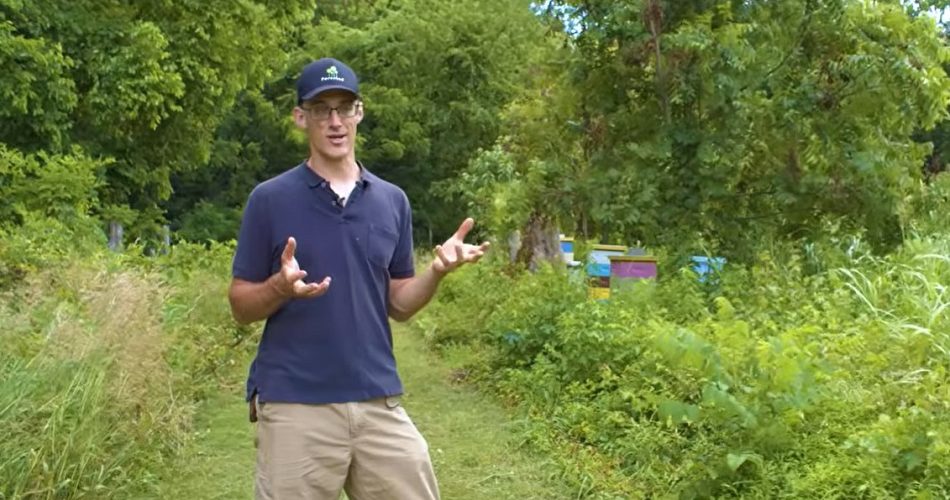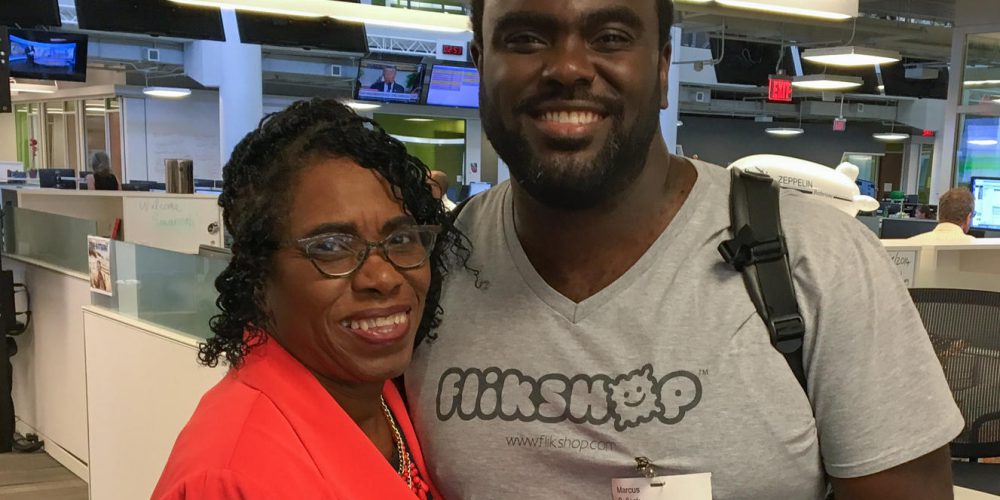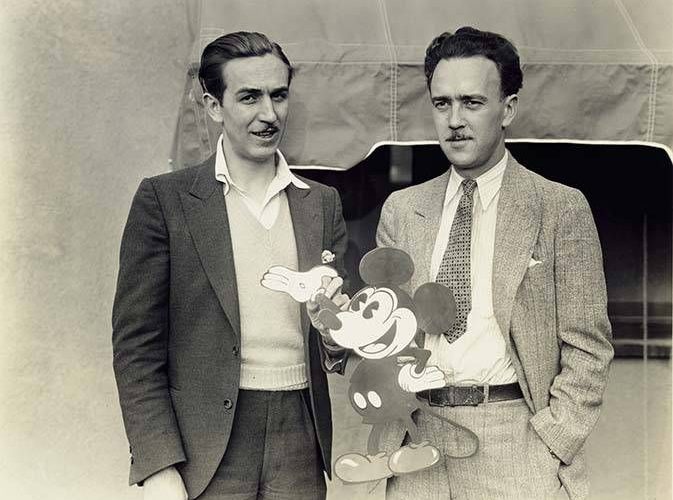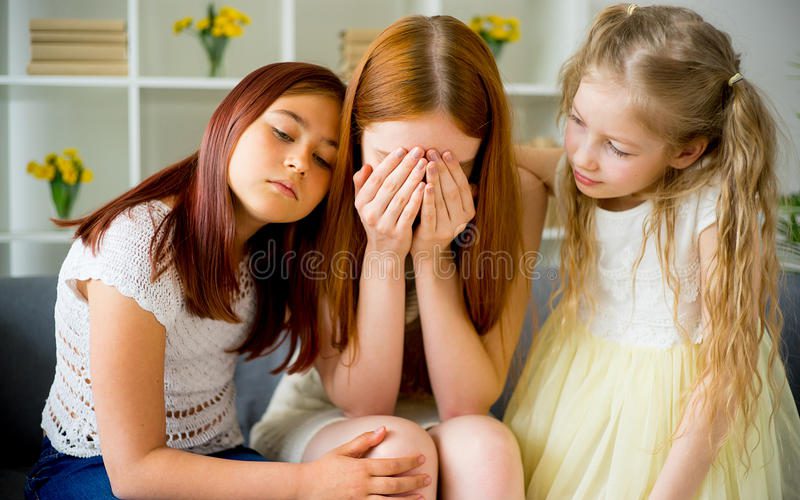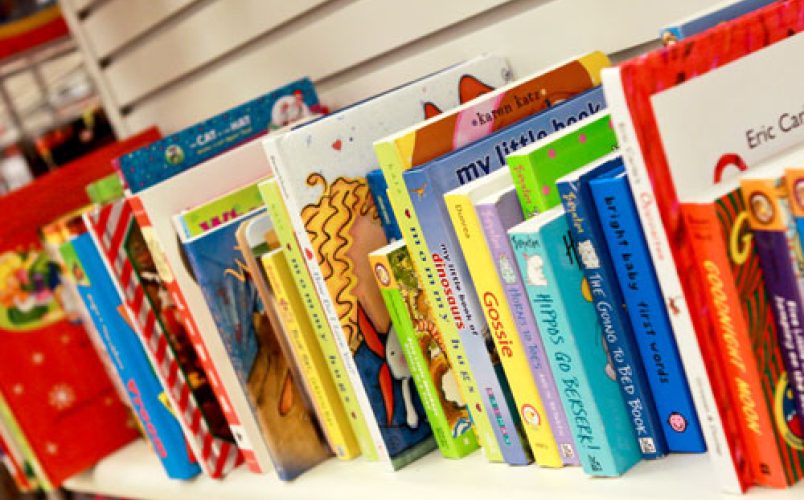Kindness and compassion make kids happy and healthy
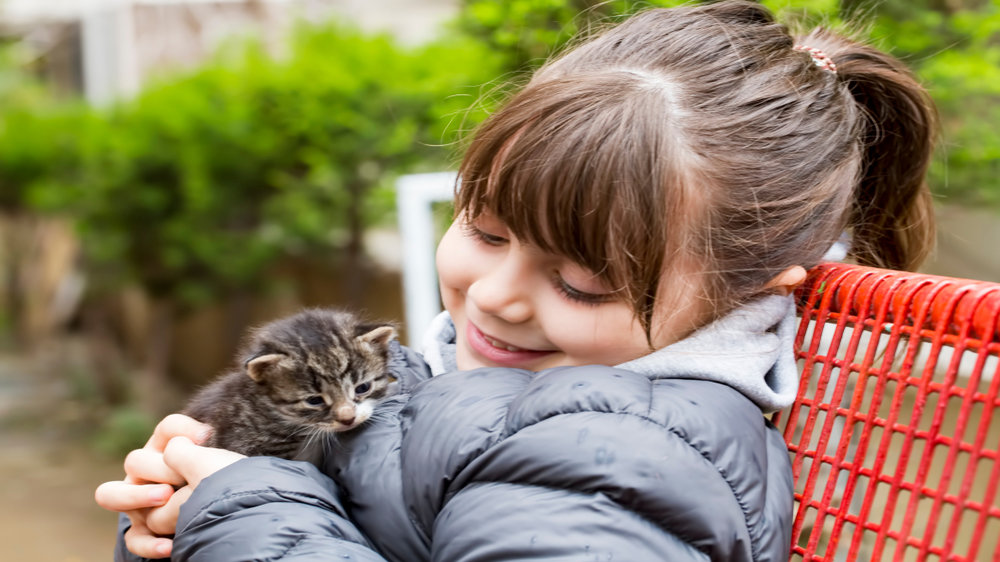
One day, I watched my son compete in his school spelling bee. Let me tell you: Watching 15 fourth- and fifth-graders stand on stage in front of a packed auditorium spelling words like “quash” and “marionette” is a nail-biting, super-stressful experience.
My son ended up coming in first place, and while I was extremely proud of him for winning, it wasn’t the moment he stood in front of the school and correctly spelled “catastrophe” that got me all choked up.
Instead, it was the kindness he showed to all the kids who got out before him, slapping them high-five and giving them a warm thumbs-up. There was one student who shed a few tears on stage, and my son squeezed her arm, then whispered consoling words in her ear.
I’m not really one to brag about my parenting, but in that moment, I thought to myself, I guess I did something right.
We all want our kids to be successful, to grow up to be thriving, contributing members of society. And we all want them to be happy and healthy. But how do we get them there? What do we emphasize? Our kids are born totally open. We mould them. And we need to choose carefully what values we instill in them.
For me, above all else, I want my kids to be kind. I want them to see beyond their own self-interests and reach out if they see anyone suffering. I want them to know empathy and compassion. Not only that, but I also want them to practice those things in their daily lives.
Being kind isn’t a sacrifice — a goodness reserved solely for the recipient. Kindness goes both ways. It’s good for others, but it’s also good for our kids. In fact, there are numerous studies showing that kindness actually makes our kids healthier, both emotionally and physically.
In a study out of Vancouver, for example, a group of 9- to 11-year-olds were asked to perform three acts of kindness per week over a span of four weeks. The researchers saw immediate improvements in the students’ own well-being, along with major boosts in terms of peer acceptance, which can act as a major deterrent to bullying.
But there’s more. Being kind actually changes your brain chemistry and promotes overall good health. Dr. David Hamilton, author of The Five Side-Effects of Kindness, reports that expressing kindness to others elevates the levels of dopamine in the brain (the happiness hormone) as well as oxytocin (often called the love hormone). Dr. Hamilton also notes that performing acts of kindness is good for cardiovascular health and helps slow down the aging process (I could use some of that, for sure!).
But I think what is most striking and important is the research that shows the devastating effects of not being kind — and how long-lasting these effects can be on the well-being of children.
For instance, a study published in The American Journal of Psychiatry found that kids can be profoundly affected by verbal abuse leveled at them, not just at home but from their peers as well. Researchers studied kids who had no previous history of parental abuse (verbal, physical) and found that children who were verbally abused by their peers suffered psychological disturbances on levels equivalent to children who were abused by their parents.
In other words, bullying at school has just as strong an impact on children as abuse experienced at home.
So, how your kid treats others — in school, at home, and in the world at large — matters. Deeply. It’s not something any of us should take lightly or brush over. And the whole sticks-and-stones-will-break-my-bones-but-words-will-never-hurt-me mentality is just plain wrong. We need to raise kids who take responsibility for what comes out of their mouths and who act kindly to everyone they meet — no matter what.
This is no joke. You think the world is full of too many assholes? You need to change that by making sure you don’t raise any assholes yourself. You want to make sure your child is happy, healthy, well-rounded, and successful? Then make sure kindness is your top priority.
Start today. When you send your kids off to school, don’t just remind them to finish their lunch, pay attention to their teacher, or concentrate on their work. Remind them to be kind. Find the kid who is eating lunch alone and see if they want company. Hold open doors, offer praise without asking, smile whenever possible, and don’t be afraid to report any acts of bullying, large or small.
The world desperately needs the next generation of kids to have the strength, resolve, and fearlessness to stand up to hate and to exude compassion. And that starts with us parents and what we teach and model for our kids.
We have the power to change the world, one child at a time.

